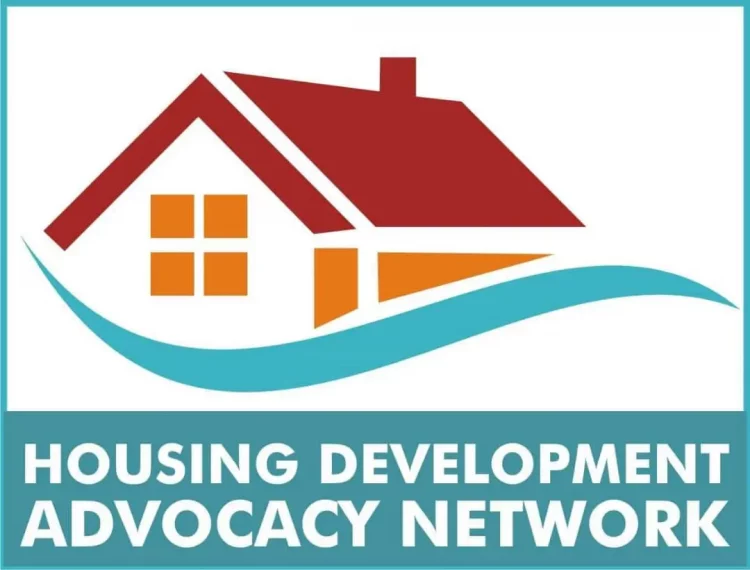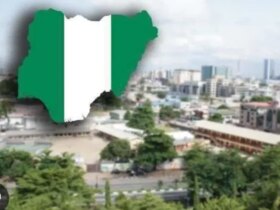HDAN Sounds Alarm Over Vanishing Green Belts in FCT

The Housing Development Advocacy Network (HDAN) has urged the Federal Capital Territory Administration (FCTA) to immediately halt the allocation and conversion of designated green spaces within Abuja. The organization warns that these actions jeopardize the city’s environmental health, urban planning framework, and residents’ overall quality of life.
As a prominent civil society group dedicated to promoting housing rights and sustainable urban growth in Nigeria, HDAN highlights the alarming trend of parks, gardens, and buffer zones-originally intended as the city’s green lungs-being steadily encroached upon by commercial and residential developments.
Should this pattern continue unchecked, HDAN cautions that Abuja could face significant environmental degradation, social challenges, and infrastructure strain.
“Abuja’s urban design intentionally incorporated green spaces to foster a healthy and balanced living environment. Sadly, these areas are increasingly being compromised, contravening the city’s master plan and threatening its long-term viability,” the organization stated.
Festus Adebayo, HDAN’s Executive Director, emphasized the critical role green spaces play in moderating urban temperatures, enhancing air quality, mitigating flood risks, and offering essential recreational areas for families and communities.
The group warns that replacing these vital green zones with concrete developments endangers the environment and undermines Abuja’s founding vision as a model city.
Adebayo noted that HDAN has received numerous concerns from stakeholders in housing, real estate, and environmental sectors about the rapid disappearance of these green areas.
“This issue transcends environmental concerns; it is fundamentally about governance and accountability,” he remarked, underscoring that safeguarding green spaces is crucial to preventing Abuja from becoming overwhelmed by congestion, pollution, and deteriorating living conditions.
Local residents have also expressed deep unease over the transformation of Abuja’s green belts into private estates and commercial properties.
In neighborhoods such as Guzape, Maitama, Wuse, Katampe, and Kado, land originally designated as utility corridors and environmental buffers has been fenced off, cleared, and developed.
Community members warn that this ongoing loss of green space is already contributing to increased flooding, sewer system failures, and declining air quality-especially during the rainy season when natural drainage paths are blocked.
They further caution that unchecked construction could exacerbate traffic congestion, reduce children’s access to play areas, and heighten health and safety hazards.
Urban planning experts add that building near waterways and beneath power lines violates safety regulations and raises the likelihood of accidents and disasters.
The mounting concern is that Abuja’s environmental equilibrium and livability are being steadily eroded due to the shrinking green zones.
HDAN has called on the FCT Administration to enforce the Abuja Master Plan rigorously, ensure transparency in land allocation processes, and conduct a thorough audit of all areas earmarked as green spaces.
Adebayo also advocated for enhanced cooperation among urban planners, environmentalists, and housing advocates to develop sustainable urban growth strategies that protect green infrastructure.
“While cities worldwide are adopting greener, more sustainable urban policies, Abuja risks heading in the opposite direction unless urgent action is taken. Preserving our green spaces is essential-not just for today, but for the wellbeing of future generations,” he asserted.
Recognizing the intense pressure on land resources in the FCT due to rapid urban expansion, HDAN insists that these challenges do not justify sacrificing public green spaces. Instead, the government should pursue innovative housing and infrastructure solutions that harmonize development with environmental stewardship.
The organization also appealed to the Minister to heed the concerns of housing and urban development stakeholders who have consistently opposed the encroachment on Abuja’s green belts.
“Now is the moment for strong leadership to protect the city’s remaining natural heritage and restore trust in urban governance,” HDAN concluded.







